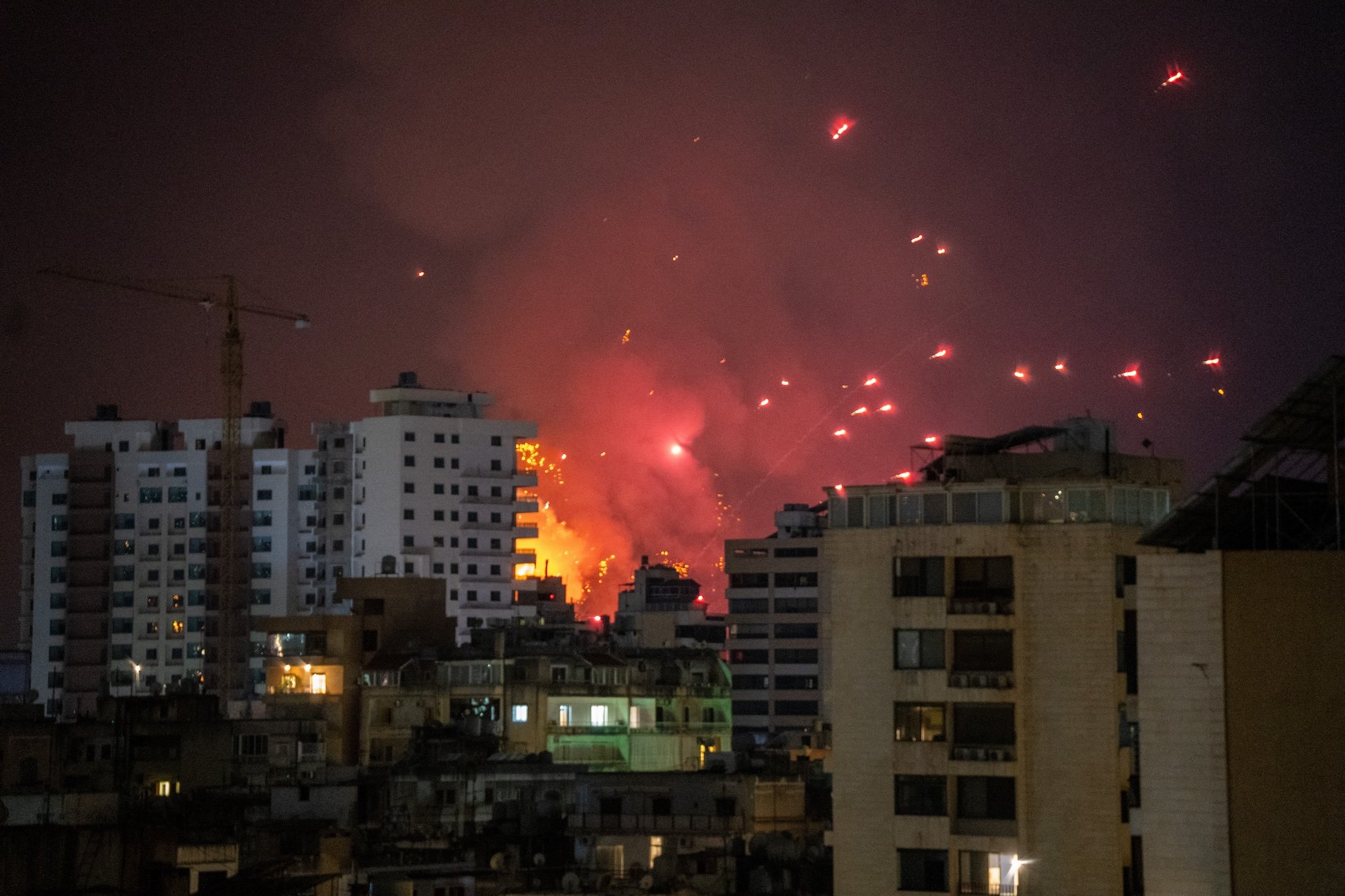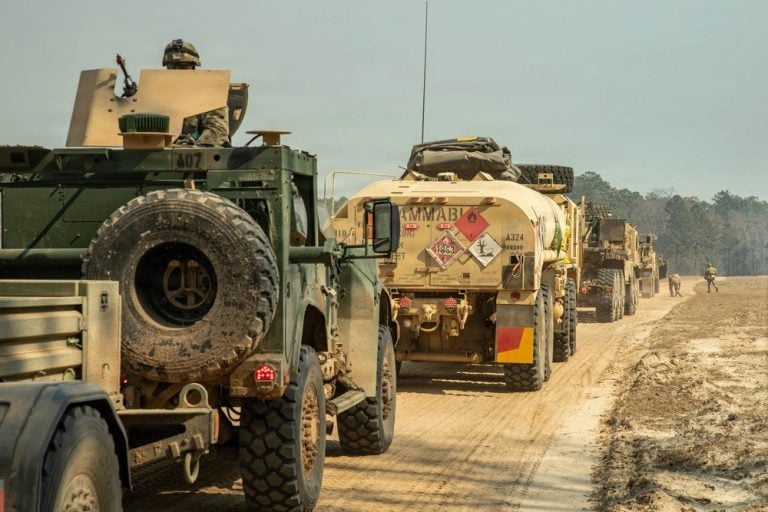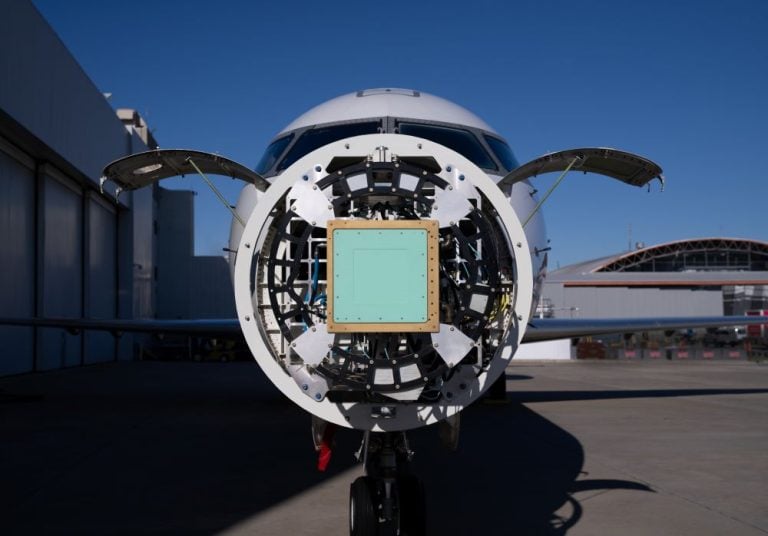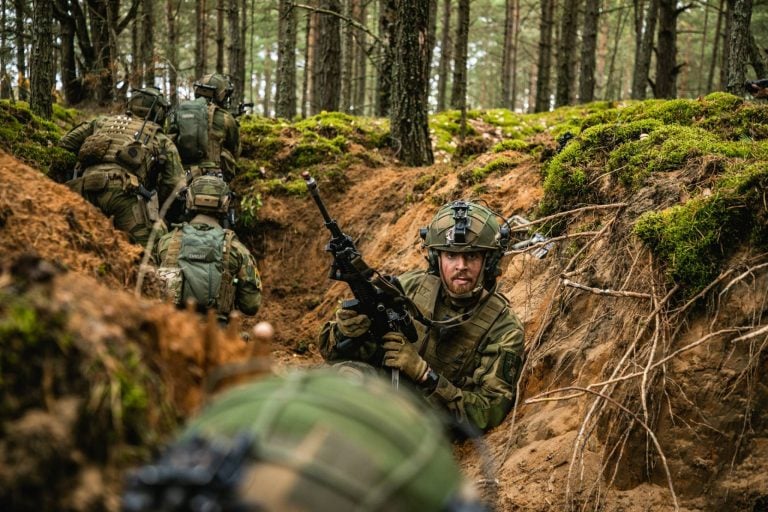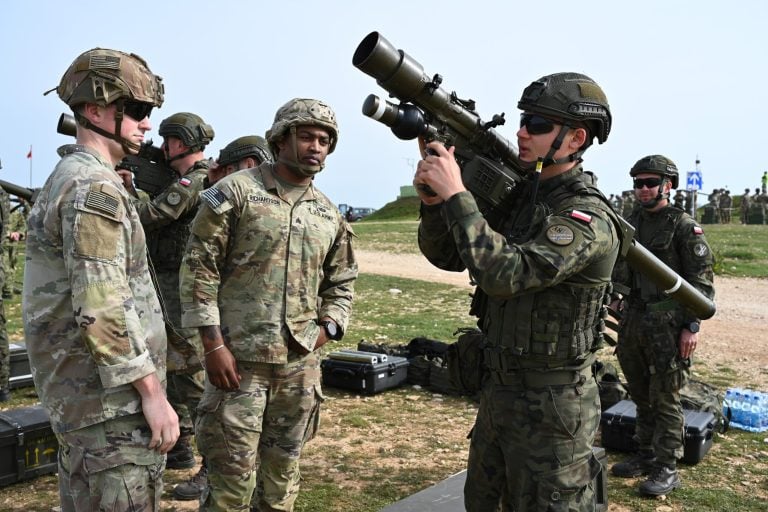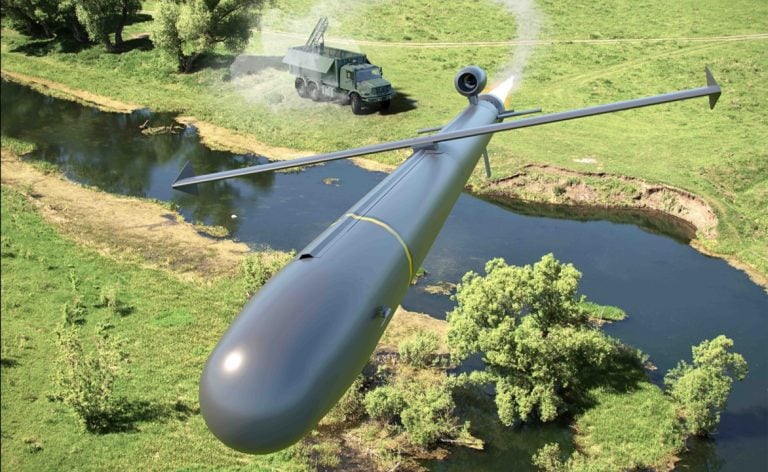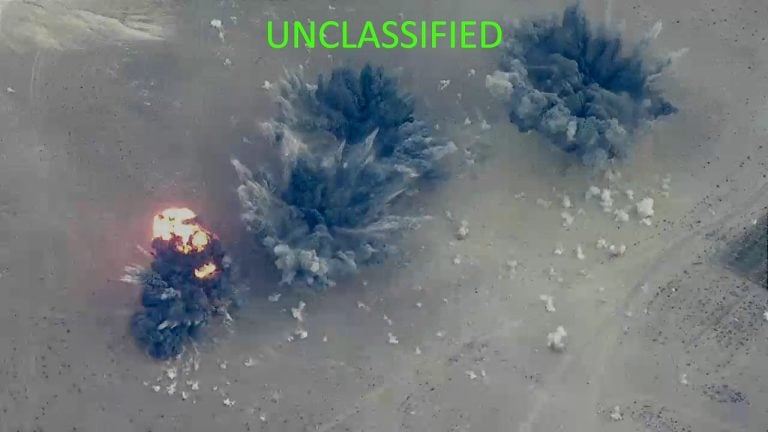Lebanese President Joseph Aoun has expressed skepticism about the feasibility of normalizing relations with Israel at this time, despite a desire for peaceful coexistence. His comments mark the first official response to Israeli Foreign Minister Gideon Saar’s recent expressions of interest in establishing normalized ties with Lebanon and Syria.
Aoun highlighted a critical distinction between “peace” and “normalization,” clarifying that peace, defined as the absence of war, remains Lebanon’s primary concern. In remarks made to a delegation from an Arab think tank, he asserted, “As for the issue of normalization, it is not currently part of Lebanese foreign policy.”
Lebanon and Syria remain technically at war with Israel since 1948, with the Syrian government deeming discussions surrounding normalization as “premature.” A Lebanese official, speaking on condition of anonymity, noted that Aoun’s comments referenced a return to the 1949 armistice agreement signed after the first Arab-Israeli war. The official further stated that Lebanon remains steadfast in its commitment to the 2002 Arab peace initiative, which proposes peace between Israel and Arab nations contingent on Israel’s withdrawal from territories occupied since 1967.
Aoun also emphasized the need for Israel to withdraw from five specific points along the border that it currently occupies. This demand stems from a November ceasefire agreement aimed at concluding hostilities with Iran-backed Hezbollah. He further articulated that Israeli troops in Lebanon hinder the full deployment of the Lebanese army to recognized international borders.
As part of the ceasefire accord, Hezbollah is expected to relocate its fighters north of the Litani River, approximately 30 kilometers from the Israeli border, leaving only the Lebanese army and UN peacekeepers armed in that region. The United States has been pressuring Lebanon to fully disarm Hezbollah, and officials have recently sent a response to Washington’s demands. While the details of that response remain undisclosed, Aoun reaffirmed Lebanon’s commitment to maintaining a monopoly over weapons in the country.
He underscored that the approach to disarmament would consider the interests of the state and security, highlighting a need to preserve civil peace and national unity. This suggests that any effort to disarm Hezbollah will not be pursued through force but rather through dialogue and cooperation.
Hezbollah, traditionally a significant political entity in Lebanon, is the only non-state actor permitted to retain its arsenal following the end of the Lebanese civil war in 1990, primarily due to ongoing Israeli occupation in parts of southern Lebanon at that time. The group has also been significantly weakened following its year-long hostilities with Israel, which intensified into a two-month war last September.
